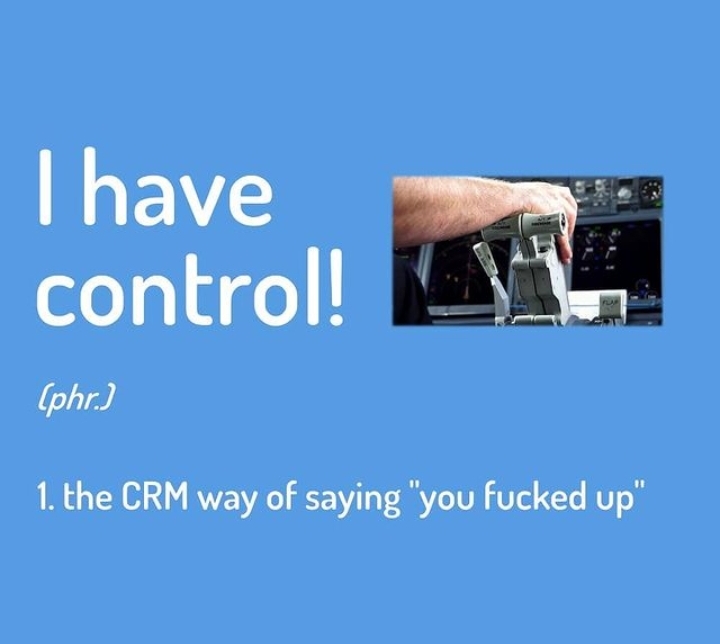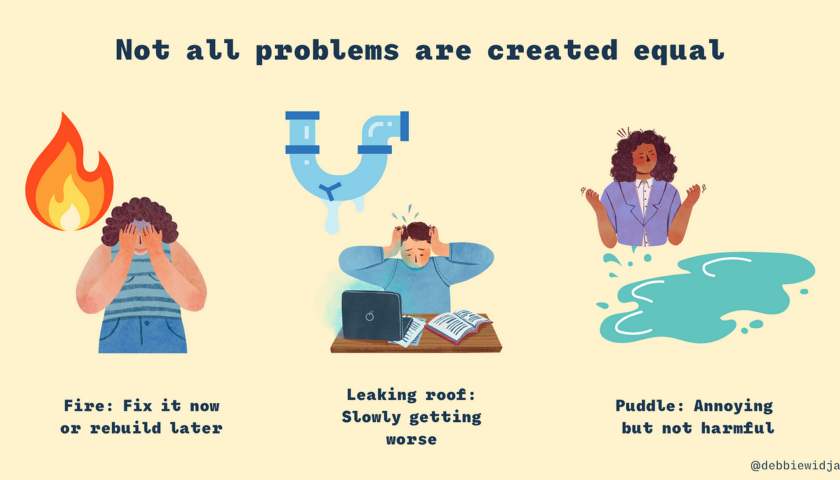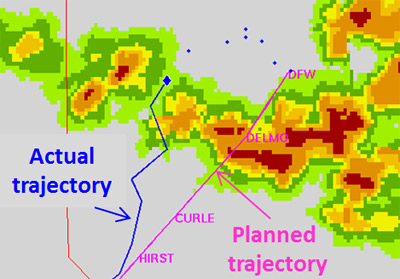What is Crew Resource Management (CRM)?
Crew Resource Management (CRM) is the effective use of all available resources for flight crew personnel to assure a safe and efficient operation, reducing error, avoiding stress and increasing efficiency.
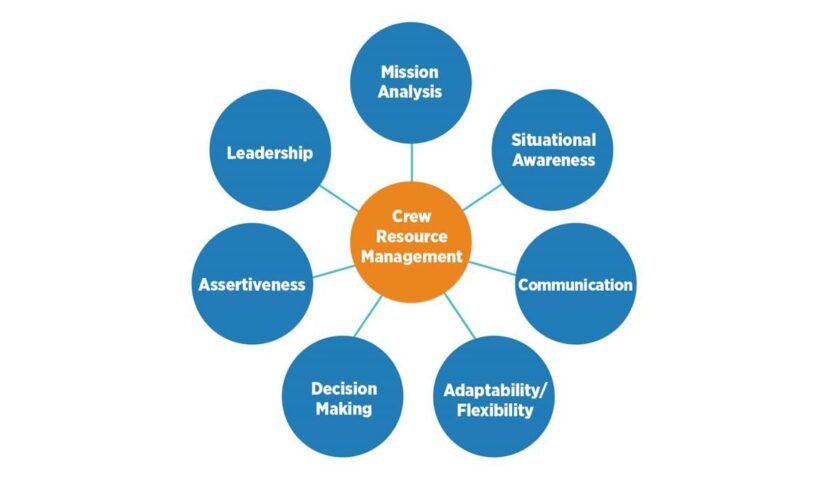
CRM encompasses a wide range of knowledge, skills and attitudes including communications, situational awareness, problem solving, decision making, and teamwork; together with all the attendant sub-disciplines which each of these areas entails. The elements which comprise CRM are not new but have been recognised in one form or another since aviation began, usually under more general headings such as ‘Airmanship’, ‘Captaincy’, ‘Crew Co-operation’, etc. In the past, however, these terms have not been defined, structured or articulated in a formal way, and CRM can be seen as an attempt to remedy this deficiency. CRM is concerned not so much with the technical knowledge and skills required to fly and operate an aircraft but rather with the cognitive and interpersonal skills needed to manage the flight within an organised aviation system. In this context, cognitive skills are defined as the mental processes used for gaining and maintaining situational awareness, for solving problems and for taking decisions. Interpersonal skills are regarded as communications and a range of behavioural activities associated with teamwork. In aviation, as in other walks of life, these skill areas often overlap with each other, and they also overlap with the required technical skills. Furthermore, they are not confined to multi-crew aircraft, but also relate to single pilot operations, which invariably need to interface with other aircraft and with various ground support agencies in order to complete their missions successfully.
Who is a Facilitator?
Facilitator is someone who helps a person or organisation do something more easily or find the answer to a problem, by discussing things and suggesting ways of doing things. The role of CRM facilitator is to make himself superfluous so that student becomes completely independent so that s/he does not lean over the facilitator, but rather continues his own journey with intellect, bold imagination and intuitive insights to achieve safe and efficient operations.

Why Facilitate?
There are countless ways for an instructor to facilitate learning among their students, even in a virtual classroom environment. But the term “facilitated learning” has taken on a philosophy all its own.
- Facilitated learning is predicated on the idea that students will perform better in a learning environment when they are empowered to make their own decisions, respected as individuals, and trusted with personal responsibility.
- Facilitated learning replaces rote memorization with critical thinking, comprehensive understanding, imaginative learning, and the appreciation for subtlety.
- Facilitation is a process of supporting and encouraging students to learn for themselves and providing them with tools they will benefit for the rest of their lives.
- It is also a way in which teachers encourage students to learn and absorb information in a way that is meaningful and relevant to them.
- Creativity, imagination and problem-solving skills are becoming increasingly valuable, as well as the ability to think critically and analyse information. Facilitation encourages them.
How to Facilitate?
When teachers facilitate learning, they also facilitate career success.
CRM connects the technical world to cognitive process and human factors. To a beginner it may seem that range of subjects are limited and also repetitive. The student may think the science/technology and controlling the flight path of aircraft alone are practical and that CRM is something impractical. The student may treat CRM as something as remote or abstract. CRM is not something to be discussed during moments of leisure or when other amusements have failed. CRM deals with objective and subjective aspects of aviation. The objective and subjective are interrelated. Student may feel that some of these topics are brilliant and even dazzling and fail to see any cohesion behind them. A facilitator should deal with subjects in each class in such a manner that the feeling of the sameness never arises. When in the class the teacher should possess an open mind therefore ready to respond to even slightest whisper of the class. The range of subjects may look limited but when discussion progresses nothing should be left untouched or considered beyond the scope of discussion. The facilitator should ensure that in each class what matters is the process by which the conclusion is arrived at. The CRM facilitator should not be concerned with conclusion of the thought – they should be concerned with process of thinking.
The teacher should keep in mind that no artificial attempt should be made to link sciences with humanities whereas teacher should emphasise and integral approach to CRM. During the facilitation, time should be set aside for free inquiry and expression. While the teacher is not dictating to students full notes by the use of which they could pass their examinations but teacher may move from one topic to another leaving the intervening steps to be worked out by the students themselves. The students are not required to copy the perfect picture that the teacher has drawn. The student is required to work out the intervening path with his own introspection. This enhances student intellect, bold imagination and an intuitive insight. The teaching may seem scattered and disjointed to one who looks only at the summits of thought, it is only by working at harmony with these topics can a student achieve objective and subjective balance.
Tools to Facilitate Learning
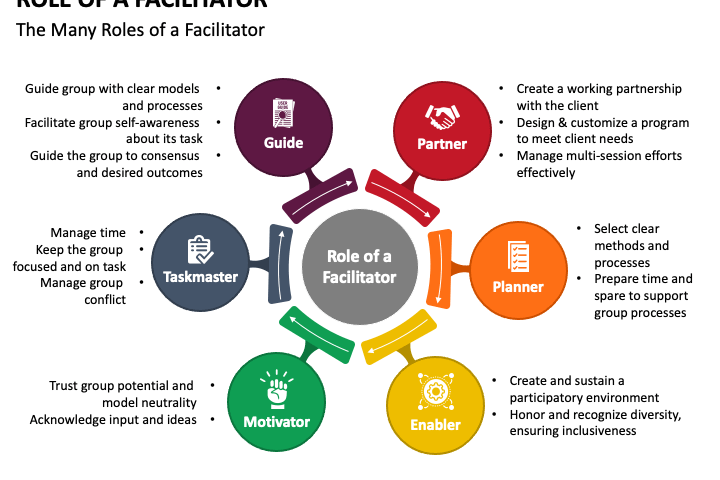
- Facilitate class, group, and one-on-one discussions and debates.
- Allow students to call on one another for answers, rather than the instructor.
- Ask questions that don’t have one single answer. Leave it open-ended.
- Roleplay different scenarios or play games to illustrate lessons.
- Create multimedia presentations, utilizing technology your students use at home.
- Record and post lessons and resources online for students to reference later.
- Use guest teachers and speakers to show a different perspective.
That’s all from me. Your suggestions or inputs are most welcome.
Like life, flying delivers roiling mixtures of expectations vs. outcomes that drive and nurture learning, improving, failing, winning, hoping, striving, spiced all too rarely with exhilaratingly triumphant moments. And some of those triumphant moments, while unfolding, can pass through terrifying on their way to exhilarating.
Happy Landings.
